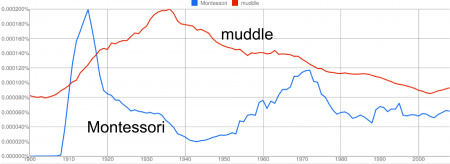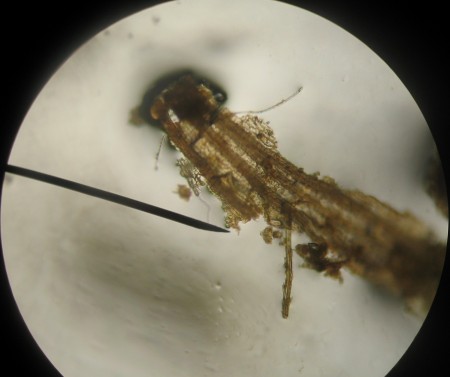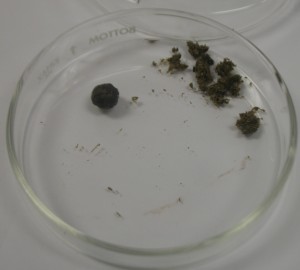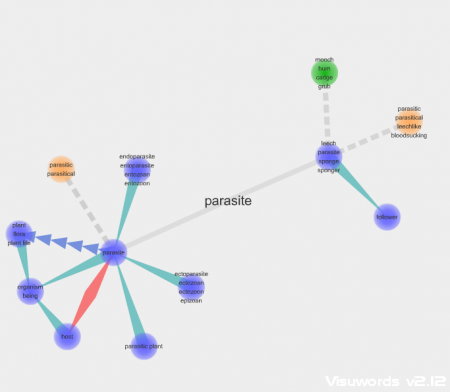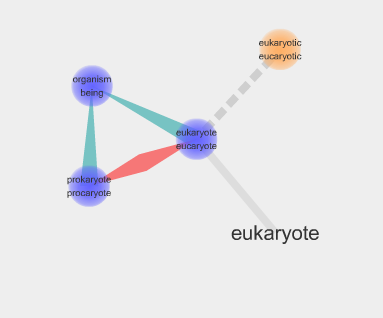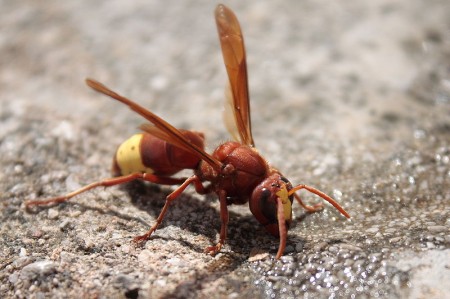One of Google’s new search options lets you assess sites based on reading levels.
The purpose of this blog keeps evolving in my mind. It is a place for me to keep all the notes and pedagogic reflections that I should be recording, but have not, and would not, be keeping otherwise. It’s also a bit like my writer’s notebook in that I use it to experiment my writing style.
I also hope the site can be useful to other Montessori (or any really) teachers because I have a real, fervent belief that everyone gains when we share as much information as possible.
This blog, being in a public space, should also be friendly to parents who might look in once in a while; this way they can get a fair, if perhaps too revealing, glimpse of my educational philosophy, see where I’m going, and get a bit of an explanation of why I do the things I do.
Finally, I occasionally show certain blog posts to my middle school students. It’s an easy place to link videos like the one about the Northwest Passage. Almost inevitably after I do that though, I’ll find some student perusing through the rest of the blog, usually with the exclamation, “Hey that’s not what actually happened!”
So I try to write posts that are accessible to all these different groups. I try not to shy too much away from using longer words, layered meanings, references, and subtexts, because, after all, if students don’t already get them, this is as good a place as any for them to learn.
Barry Schwartz has an interesting post at the Search Engine Roundtable about the new Google option, as does Adrian Chen at Gawker. Both articles post the graphs for a number of different sites. I’ve not yet seen an actual definition of the what the different levels on the graphs mean, but the Muddle sits almost entirely in the intermediate section of the graph, much like the New York Times’ site. This does not seem like bad company to keep, though I do think I’d like to try for more variety. We’ll see.


